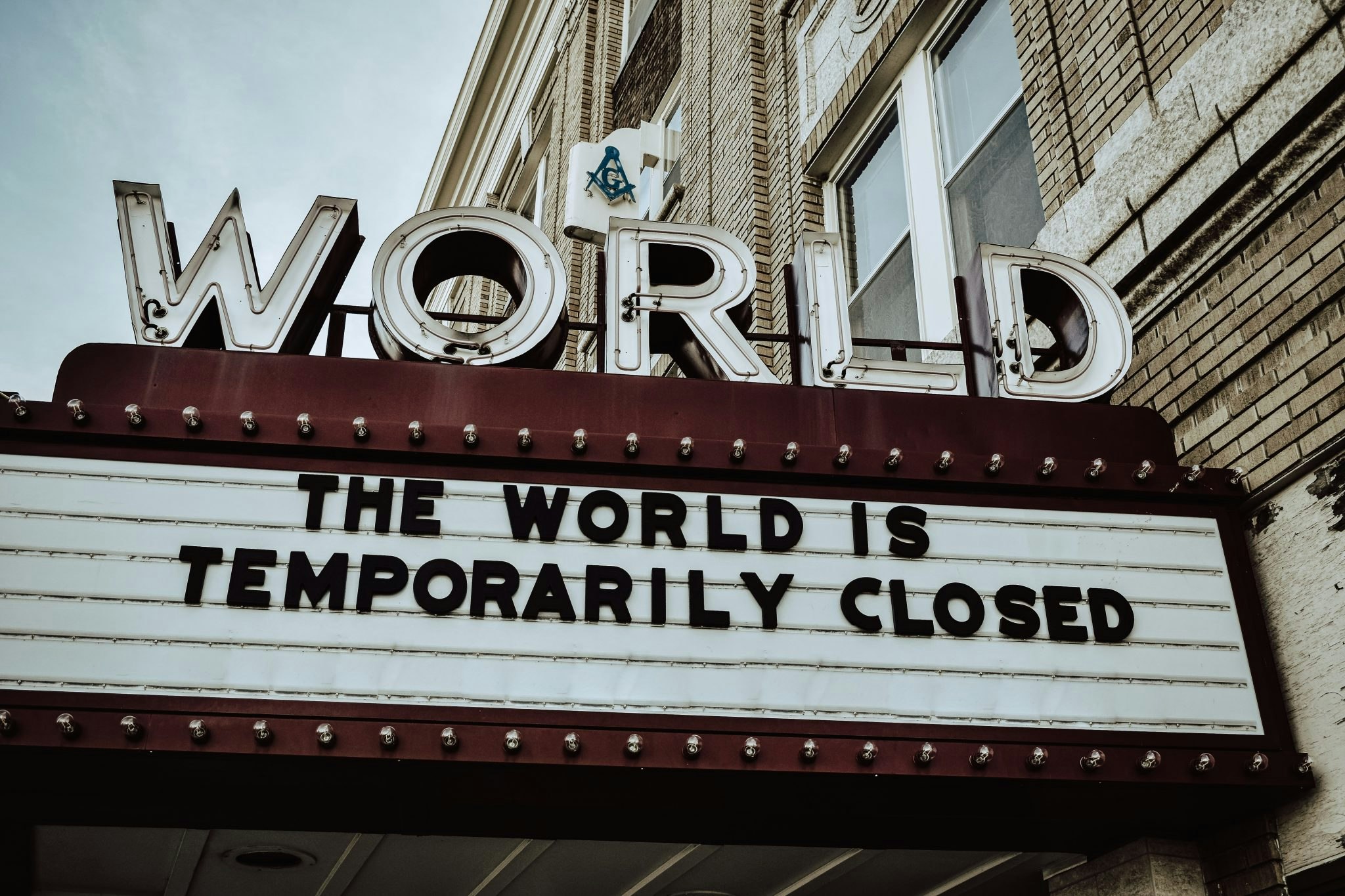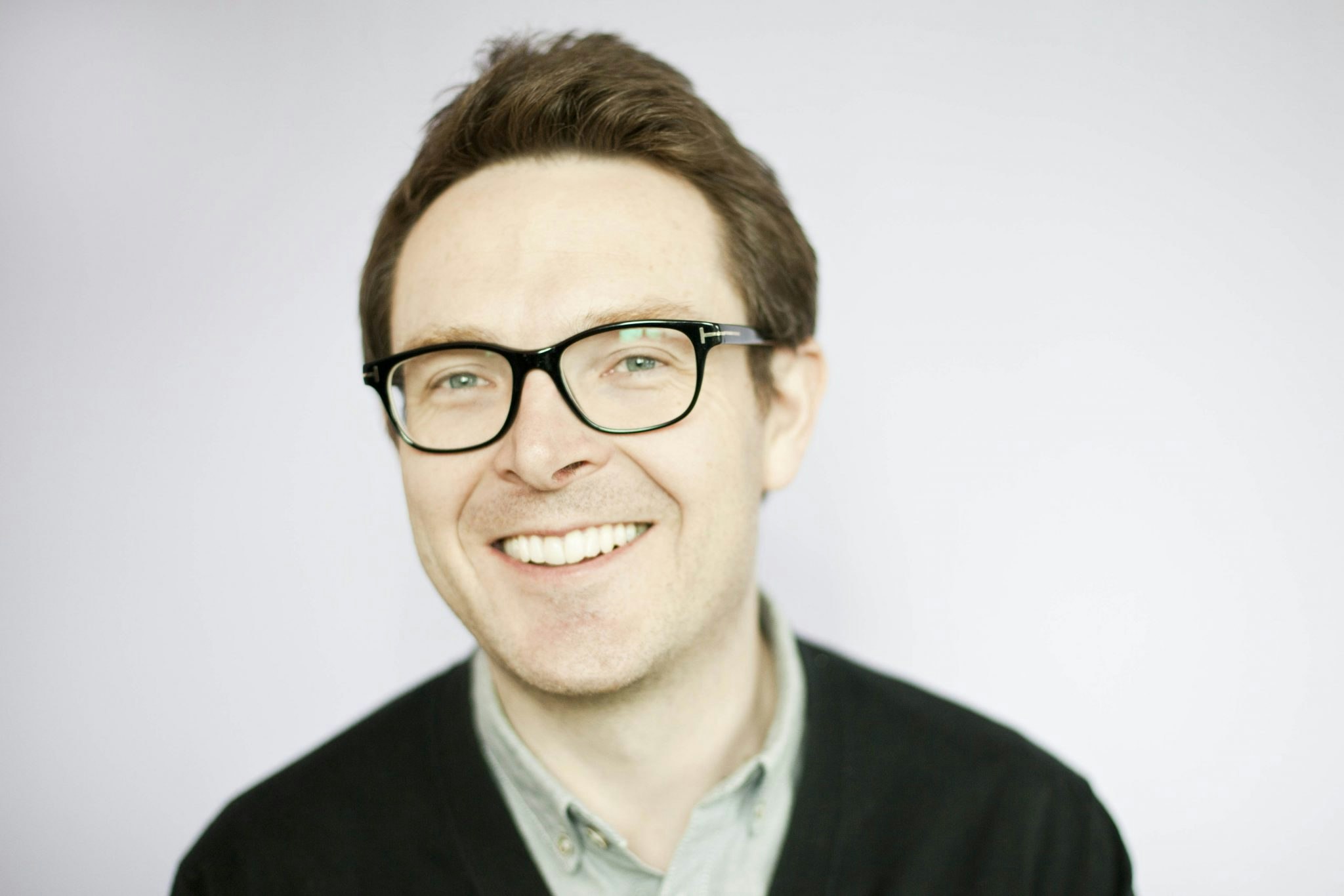Peter Diamandis, executive chairman of the XPRIZE Foundation, and Salim Ismail, founding executive director of Singularity University, see the disruption of the Covid-19 as an opportunity to rethink the normal rules of business.
They are on a mission to make sure the world does not go back to “business as usual” after the pandemic, falling back on the bureaucracy and inertia that can stop new ideas in their tracks.
Out of every downturn there is an explosion of innovation. For the last downturn we got Uber, Airbnb and WhatsApp.
Diamandis and Ismail spoke to Sifted just after holding a three-day online event, the ExO World Summit, which brought together some 3,000 people to discuss how to bring change to the economy and society.
“People described it as TED meets Singularity University meets music festival,” says Ismail. “I think this was better than going to a normal conference. For one thing, it has a zero carbon footprint. Every conference is an ecological nightmare.”
Sifted asked Ismail and Diamandis about their vision for a post-pandemic future.
How do you expect coronavirus to change the world?
Diamandis: The coronavirus pandemic is a moment to change things. If you are not disruptively innovating now you are done. The old ways of working are done. We are going to see 20% of companies go out of business. Some of these are businesses that are not working and it will be a good excuse for those people to be redeployed.
Out of every downturn there is an explosion of innovation. For the last downturn we got Uber, Airbnb and WhatsApp. 65,000 years ago a meteor struck the earth causing such disruption that the slow-moving dinosaurs died and the furry mammals took over. The asteroid that has struck over the last decade was exponential technology such as AI, virtual reality, robotics, autonomous vehicles. The second asteroid striking is the Sars-Covid-2 virus, which is accelerating that.
I am more on fire and engaged and excited than I have ever been.
How should businesses and institutions be adapting?
Ismail: We have two choices as to which way to go, Mad Max or Star Trek. At the moment, we seem to be heading for Mad Max based on the discourse in the US, every man for himself. But tech can bring us abundance, it is already doing that — the XPRIZE for water abundance that was supposed to take a decade was actually done in a year and a half.
We have to rewire our institutions.
The challenge is getting these implemented. We have to rewire our institutions. There is a need for a new multilateralism, and we have made a head start with all the scientists and medical experts working on one problem at the moment. But natural inertia will take us back to the way things were if we don’t keep up the momentum.
So how do we avoid going back to “business as usual”?
Ismail: The big challenge is the public sector. We have functioning passenger drones but can’t get them regulatory approval. It took Peter 11 years to get FAA [Federal Aviation Administration] approval for parabolic flight [for ZERO-G, the space entertainment company that offers weightlessness experiences aboard a Boeing 727 aircraft].
But we have figured out how to do this. For the last five years we have been working with the public sector. For example, we helped the city of Miami rethink public transport. They wanted to spend $6bn on light rail, but we worked with them to show how they could put in ride-sharing, electric bikes, scooters.
We worked in a fast-track 16-week sprint, together with the mayor’s office, real estate companies, citizens groups, working through a non-profit organisation. We ran multiple experiments, completely bypassing old-style RFP [request for proposal] procurement.
How do you convince slow-moving organisations to experiment?
Diamandis: You do it on outside the system, in the edge, You don’t ask for permission. You have only so much energy and you can use it up fighting the system or use it to get something set up.
The day before something is a breakthrough it is a crazy idea. And if it wasn’t a crazy idea it wouldn’t be a breakthrough.
Or you can get the system to see that it needs to innovate. They see the experiment happen, sees the success and agrees to start using it.
The day before something is a breakthrough it is a crazy idea. And if it wasn’t a crazy idea it wouldn’t be a breakthrough, it would be an expected improvement. Entrepreneurs aren’t smarter than other people. They just take more shots on goal.
Are you running XPRIZEs now around Covid-19 challenges?
Diamandis: We looked at doing something around ventilators but there was already so much activity that a prize wasn’t needed. We are looking at things like a data collective, and ways to rapidly distribute a vaccine once we have one.
We also have a $10m prize to create an avatar system. That existed before the pandemic but imagine if a doctor could see a patient by putting on a VR headset and a haptic suit and inhabiting a robot that examines the patient.


